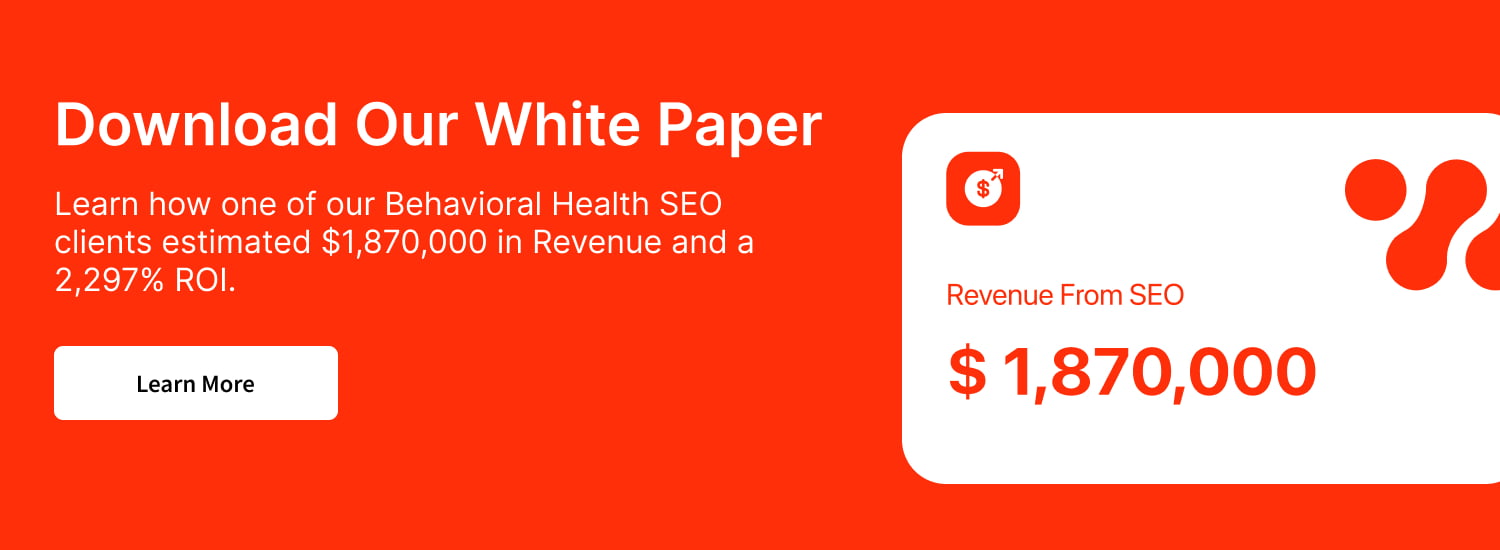
Do you keep hearing the term SEO, but can’t seem to pin down exactly what it is? Good news, you’ve come to the right place! By the end of this read, you will be able to answer all of the following questions:
Let’s start with the basics. Search Engine Optimization is exactly what it sounds like: it’s the process of optimizing a website’s content and crawlability factors so it can rank the highest on search engine results pages.
Here’s some context.
Let’s say you’re looking for a Cuban coffee shop, so you pull out your phone or laptop and search for a “Cuban coffee shop” on Google. You look at the first few results, and—perhaps based on reviews, pictures and geographic proximity—pick the one that looks most appealing to you and your needs.
The first few results that you saw on the search page were not random. When you hit search, Google crawled every website on the internet with the terms “Cuban,” “coffee” and “shop” before deciding which ones are most relevant to your search (and probably in less than three seconds).
In other words, the web pages that Google thought were the most relevant answer to your search query ended at the top, meaning that those sites are the most likely to accurately answer your questions. This means they have a combination of three things:

You’ve probably heard that “content is king.”
Well, I’m here to tell you that only RELEVANT and HIGH-QUALITY content is king. You can spend hours writing a page of web content, thinking you’re making great progress, only to be disappointed when you see that your efforts generated little to no traffic.
Writing great content takes a good understanding of SEO, diligent research on the topic and reaching the right target audiences.
But before you write any content, you need to do your research and cite reliable sources with high search engine rankings.
Doing thorough, relevant research may take some time in the beginning, but it will save you a lot of time in the long-run. Ask yourself some of these questions first before you begin writing:
How well do you really know your reader? What helps me figure this out is creating something called a persona of my ideal reader.
For instance, I decided to make a persona for this article. Meet Casey, a 24-year-old who enjoys digital media and loves the freedom of working on a computer from anywhere in the world.
Casey is curious about online marketing and SEO but is still unsure if this is the right career path to take.
With this persona in mind, I know who I’m speaking to, and I can address Casey better because I have a good idea of what value I need to bring. That translates to exceptionally targeted content marketing (which will also pin you with some great sales numbers).
Still with me? Good, because we’ve got more to talk about.
So you did your research, you wrote your piece, and it’s time to publish it on your website. Now what?
This next step is CRUCIAL to your SEO success. Remember how we talked about Casey and how you need to use the right tone of voice based on your audience?
Well, in this step your primary audience here is Google. The way Google reads your website revolves around a specific structure. Its algorithm looks at many things to determine the quality and relevancy of your content.
Based on your keyword research, you determined what keywords people are searching for, and you incorporated those keywords into your content. Don’t let your keywords be the awkward third wheel in your SEO strategy. Learn how to balance short and long tail keywords like a pro with my latest blog post.
Now on your website, divide the content into sections and use title tags, meta description and headings to make it easy for Google to read.
Title tags are the clickable links that show up in search engines. It’s also what shows up when you bookmark a page on a website. Title tags do NOT appear on the actual webpage.
Meta descriptions also appear in search results under the title tag. They are as important as title tags and headings. The meta description is your pitch for those searching online, so make it good and relevant.
Headings, such as H1 and H2, are examples of on-page SEO. These are how search engines identify what your page content is. Though headers range from H1 to H6, the ones to focus on are H1 and H2. For example, on this blog post, my H1 tag is “SEO in a Nutshell: What You Really Need to Know” and my H2 tags are “Content,” “Technical SEO,” “Backlinks” and “Wrapping It Up.”
Last but not least are backlinks. Backlinks are when one website mentions another website and includes a link to it. The more links or “validations” a website gets from other websites, the more authoritative the website becomes, which translates to a higher website rank and better search visibility.
There are many ways to get backlinks, including link building strategies. However, not all backlinks are created equal. Getting a mention from the New York Times is not the same as getting it from a small fishing blog.
Websites have something called Domain Authority (DA), which ranges from 1-100. The higher the DA, the higher quality of the backlink.
Sites also have a spam score that ranges from 1-100. Try to stay away from websites with a spam score of 10% or higher.
This is a very brief explanation of SEO, but it should give you a good idea of what to expect. I recommend doing more research and starting to explore digital marketing tools such as Google Analytics, SEM Rush, Moz, WordPress.
Are you looking to skyrocket your online presence and drive more sales to your business? Look no further than Webserv, the digital marketing agency that knows how to get results. Our team of experts will work with you to craft a personalized SEO strategy that will drive more traffic to your website and increase your bottom line. From keyword research to on-page optimization, we know what it takes to get your website to the top of the search rankings. Don’t take our word for it, check out our Earned and Owned Capabilities for more information Let’s make your website the go-to destination for your target audience. Book a Meeting with a specialist today and let’s get started!
[Updated on June 26th, 2023]
SEO (Search Engine Optimization) is the process of optimizing your website and its content to improve its visibility and ranking in search engine results, leading to increased organic (non-paid) traffic.
SEO is crucial for your website because it helps search engines understand your content better, resulting in higher visibility to potential visitors. It increases the chances of attracting targeted traffic and improving your online presence.
Effective SEO involves optimizing your website’s on-page elements (like keywords, meta tags, and content) and off-page factors (such as backlinks and social signals), while also ensuring a positive user experience and mobile-friendliness.
SEO results can vary depending on various factors, including the competitiveness of your industry and the level of optimization. Generally, it takes time for search engines to crawl and index your site, but significant improvements may be observed within a few months of consistent optimization.
While it’s not mandatory, hiring an SEO professional can greatly benefit your website. They possess expertise in implementing SEO strategies and keeping up with industry updates, helping you achieve better results and save time in the long run. However, learning and implementing SEO best practices on your own can also be effective if you’re willing to invest time and effort.
